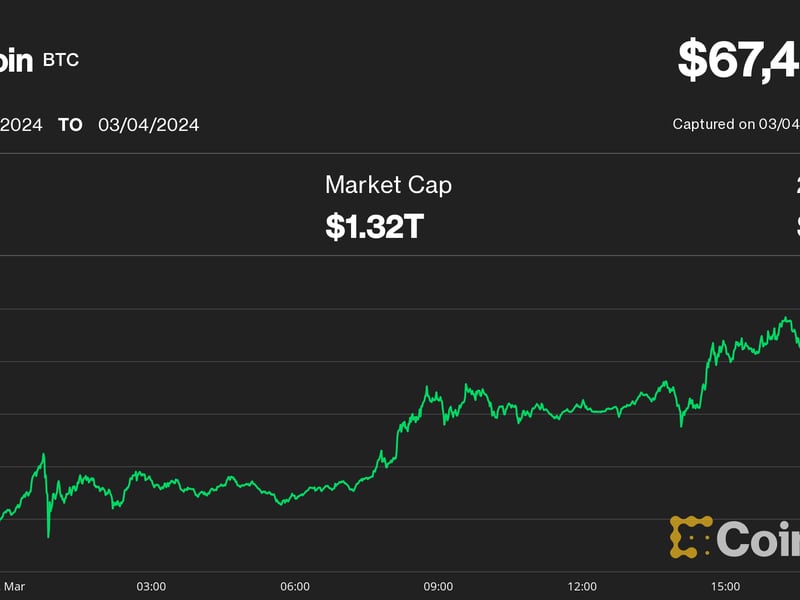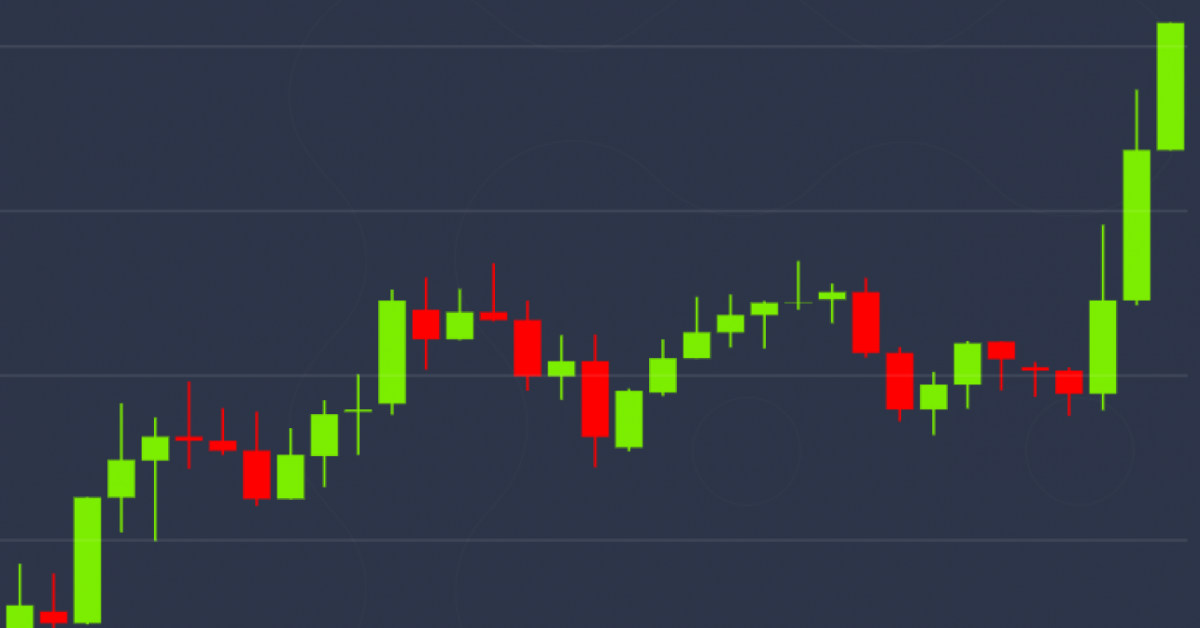As Twitter Ends Legacy Blue Checks, Bluesky Emerges as Decentralized Alternative
Featured SpeakerDaniel Alegre
CEOYuga Labs

Hear from Yuga Labs new CEO in his first public appearance since assuming the position.
Cam Thompson is a news reporter at CoinDesk.
Featured SpeakerDaniel Alegre
CEOYuga Labs

Hear from Yuga Labs new CEO in his first public appearance since assuming the position.
After months of speculation following Elon Musk’s takeover of the popular social media platform, the conundrum of the blue checkmark has created a disconnect among Twitter users.
Historically, journalists, celebrities, government figures and more were able to apply for verification free of charge, so long as they met certain criteria. In previous years, blue checkmarks were a sign of notability and authenticity.
But in recent months, Twitter has swapped around its rules for verification, allowing anyone to receive a blue check mark for a fee of $8 a month. Last week, the site officially removed legacy blue check marks from users that previously received them, leaving notable figures and journalists vulnerable to impersonation. Those without blue checkmarks will also receive lower visibility across Twitter feeds.
In an age where anyone can pay for verification, blue checkmarks have become less meaningful.
Anita Ramaswamy, a technology and finance opinion columnist at Reuters, told CoinDesk that legacy verification was a helpful tool for her as a journalist – not only for herself but also for finding sources and determining a person’s credibility.
“I’m going to continue to browse Twitter to the extent I can as long as other people in the tech community are still using it, but will have to take everything I read there with an even bigger grain of salt than I did previously because I can’t easily verify that an account representing a public figure or media outlet is actually from that person or institution,” said Ramaswamy.
“Unfortunately I haven’t heard yet of an alternative that has anywhere near the traction of Twitter, so I’m currently in ‘wait and see’ mode before I invest significant energy and time into another social platform.”
Some have already made the swap over to Bluesky, a platform backed by former Twitter CEO Jack Dorsey that is often touted as a decentralized Twitter alternative, opening up the potential for Web3 ideas to reach mainstream users.
Dorsey began teasing his plans to build a decentralized social protocol in 2019. In an effort to make the user experience similar, he laid plans to build fundamentals of blockchain technology into the application including open-source hosting, governance structures and monetization opportunities.
In August 2021, Dorsey hired Jay Graber, blockchain developer and contributor to privacy coin ZCash, to lead Bluesky as CEO. Over the past two years, Graber and the Bluesky team have been building out the Authenticated Transport Protocol, or “AT Protocol,” in order to make social media interoperable and decentralized across different applications united under one ecosystem.
In October, when Bluesky opened the waitlist for its beta, it received 30,000 sign-ups in 48 hours.
“Our goal is to assemble a social media architecture that composes third-party services into a seamless user experience because an open ecosystem is likely to evolve more quickly than a single approach to curation or moderation developed within one company,” said Graber in a March blog post. “By creating the interfaces for innovation in these areas, we hope to provide a dynamic and user-driven social experience.”
In early March, Bluesky hit mobile application stores and opened its beta to select names on the waitlist, ushering in a flood of users eager to test out a decentralized social media model. The platform has also granted early users “invite codes” in order to encourage adoption.
CoinDesk obtained one of these invitations in order to test out Bluesky. At present, the experience is similar to Twitter, though features are more streamlined. There is no verification strategy, uncensored content, no direct messages or supplemental features like “lists” or Spaces. Users can simply can post, like and repost content on the application.
Despite its bare-bones features, Bluesky is growing in popularity among those who are seeking to move away from Twitter.
Andrew Rossow, an attorney and founder of AR Media, told CoinDesk that after years of using Twitter, he’s ready to take a step back due to the recent policies that have made the application no longer productive to use.
“I cannot stand by and support a platform that treats user identity and content preferences as a marketing ploy and chance to profit, without any regard for the injuries and harm that will inevitably come from it – this is a feeling many users share who have felt the repercussions of being ‘vulnerable’ to targeted attacks,” he said.
Rossow noted that Twitter’s days are “numbered,” and that many of these pain points brought on by the application can be solved by decentralized media. He sees decentralized social media platforms like Bluesky and others rising in popularity, including Zion, Nostr and Mastodon, as a way for users to communicate without barriers established by one leader in charge.
Nostr’s Damus was listed on the Apple app store in February 2022 and has also received support from Dorsey, who gave 14 BTC in funding in Dec. 2022 to help development efforts.
“For users that are prioritizing identity, content moderation and account portability, I strongly believe there will be a large migration of users from Twitter towards decentralized social media platforms,” said Rossow.
Edited by Rosie Perper and Toby Leah Bochan.
DISCLOSURE
Please note that our
privacy policy,
terms of use,
cookies,
and
do not sell my personal information
has been updated
.
The leader in news and information on cryptocurrency, digital assets and the future of money, CoinDesk is a media outlet that strives for the highest journalistic standards and abides by a
strict set of editorial policies.
CoinDesk is an independent operating subsidiary of
Digital Currency Group,
which invests in
cryptocurrencies
and blockchain
startups.
As part of their compensation, certain CoinDesk employees, including editorial employees, may receive exposure to DCG equity in the form of
stock appreciation rights,
which vest over a multi-year period. CoinDesk journalists are not allowed to purchase stock outright in DCG
.
Cam Thompson is a news reporter at CoinDesk.
Learn more about Consensus 2023, CoinDesk’s longest-running and most influential event that brings together all sides of crypto, blockchain and Web3. Head to consensus.coindesk.com to register and buy your pass now.
Cam Thompson is a news reporter at CoinDesk.









